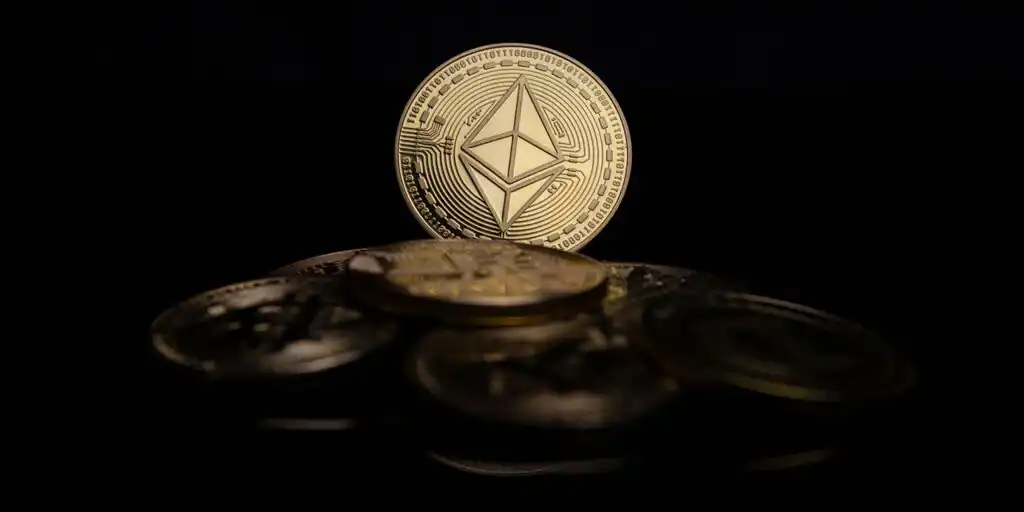Get ready for the Dencun upgrade on Ethereum! Learn about the anticipated reduction in gas fees, proto-danksharding, and programmable staking exits with EIP-7044.
Ethereum enthusiasts eagerly anticipate the imminent rollout of the highly awaited Dencun upgrade set for Wednesday, March 13. According to developers interviewed by Decrypt, the impact on gas fees for Ethereum's scaling networks is poised to be substantial, with projections suggesting a staggering 75% reduction immediately.
The moniker 'Dencun' is a fusion of two distinct upgrades, Cancun and Deneb, seamlessly combined to give birth to this transformative advancement. A word of caution for those new to Ethereum upgrades: No user action is required. Beware of any blog, email, or Twitter (aka X) post suggesting otherwise and urging you to click a link or connect your wallet.
Prior to its deployment on Ethereum's mainnet later this week, Dencun has already been successfully implemented on several of Ethereum's testnets. This upgrade follows roughly a year after the April 2023 Shanghai upgrade, marking the introduction of the upgraded proof-of-stake network that allowed users to unstake their ETH.
Dencun aims to address fundamental aspects of Ethereum's framework, focusing on scalability, security, and overall user experience.
At the core of the Dencun upgrade lies the incorporation of proto-danksharding, an innovative concept designed to significantly reduce transaction fees and boost processing speed across the network.
"This marks the inception of a new era in how Ethereum functions,” commented Karl Floersch, CEO of OP Labs, the entity behind the development of the layer-2 network Optimism, in an interview with Decrypt earlier this month.
Optimizations are expected to position Ethereum as an even more enticing network for startups, potentially leading to an influx of new protocols into its already thriving decentralized finance (DeFi) ecosystem.
Ethereum has consistently hosted the largest DeFi ecosystem, with the number of protocols being a testament to its dominance. As of the current moment, there are 990 Ethereum-based projects, according to DeFi Llama.
The upgrade introduces several crucial Ethereum Improvement Proposals (EIPs), each tailored to enhance specific functionalities within the network. For instance, EIP-7044 is set to unveil programmable staking exits.
Validators play a crucial role in securing the Ethereum network by staking 32 ETH as a commitment to keep their validator client operational and handle incoming transactions. EIP-7044 will introduce the concept of programmable staking exits, enabling validators and stakers to store instructions in smart contracts for timely exits under specific conditions.
For example, a validator node operator may want to exit if their hardware remains inactive for a predetermined number of processed blocks. This serves as a vital safeguard, preventing validators from incurring fines due to transaction processing delays.


